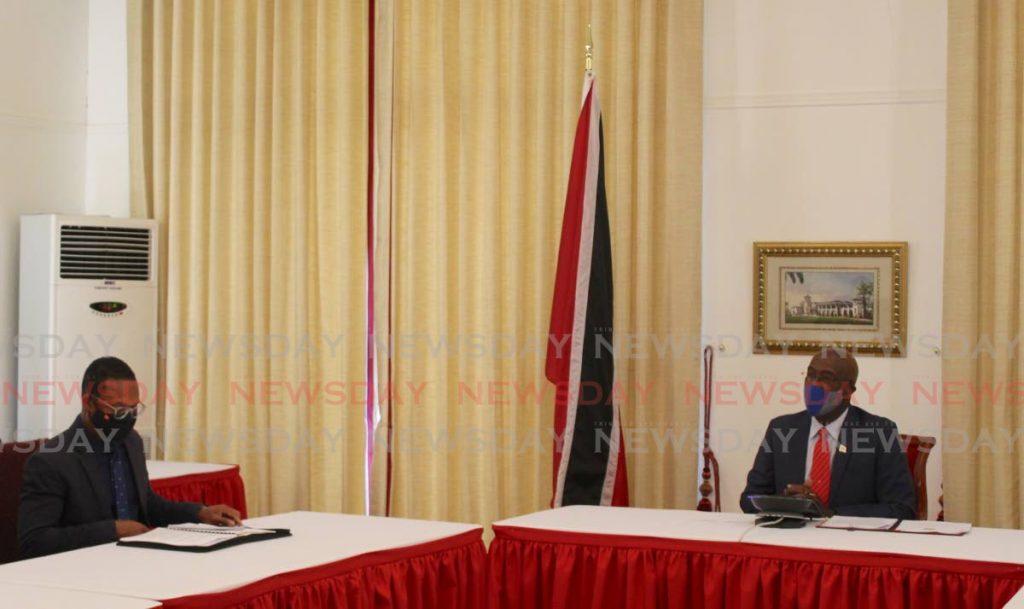China calling

THE PRIME Minister’s conversation with China President Xi Jinping has been linked to efforts to bolster this country’s stock of covid19 vaccines. But the issues surrounding the call are much broader.
China’s heavy use of vaccine diplomacy in nearby Latin America, particularly in Brazil, revives long-simmering questions about transparency and public procurement when it comes to our engagement with the world’s most populous country.
Additionally, Caricom’s decision to seek assistance from the US on precisely the same issue of vaccines, as well as US President Joe Biden’s ongoing attempts to reset US foreign relations, point to difficult questions when it comes to our foreign policy.
Mr Xi is not unfamiliar. He visited this country in February 2013. Back then, China had yet to rewrite its constitution to make him president for life. Mere months after Mr Xi’s 2013 visit, Mr Biden, then US vice president, came knocking in an attempt, some say, to counter China’s influence.
So pervasive has that influence been that our prime minister paid Mr Xi a visit in 2018. Dr Rowley’s predecessor Kamla Persad-Bissessar did the same in 2014. Indeed, the Diplomatic Centre, St Ann’s, where Mr Xi’s call was taken on Tuesday, was built by a Chinese firm.
No transcript of the call has been released. However, we have been told the meeting was “very productive” and that “China would respectfully assist our national efforts” on vaccines.
Seizing its moment, China has lobbied strongly on behalf of less developed countries on the question of vaccine access at a time when the US is sitting on tens of millions of AstraZeneca doses pending the results of US trials.
But China’s philanthropy has increased anxiety about whether China is leveraging its resources to gain advantages beyond the shoring up of diplomatic goodwill.
Brazil’s president Jair Bolsonaro has suddenly reversed his strong anti-China position as that country now looks to China for much-needed vaccines. At the same time, a ban on Chinese telecom giant Huawei from participating in 5G network auctions has mysteriously vanished.
The lack of transparency has fuelled suspicions of quid pro quos, as seen locally by the suggestion from some activists that state land at the port in the capital city is somehow earmarked for China. Works Minister Rohan Sinanan has denied any deal and has also said “the sale of state lands remains under the purview of the procurement regulator.”
But the recent amendments to the procurement law explicitly removed the disposal of state property from the ambit of that regulator.
The Government won’t even tell us about domestic affairs, such as whether it will proclaim its procurement-law amendments, so how can it expect people to keep track when it comes to China?


Comments
"China calling"